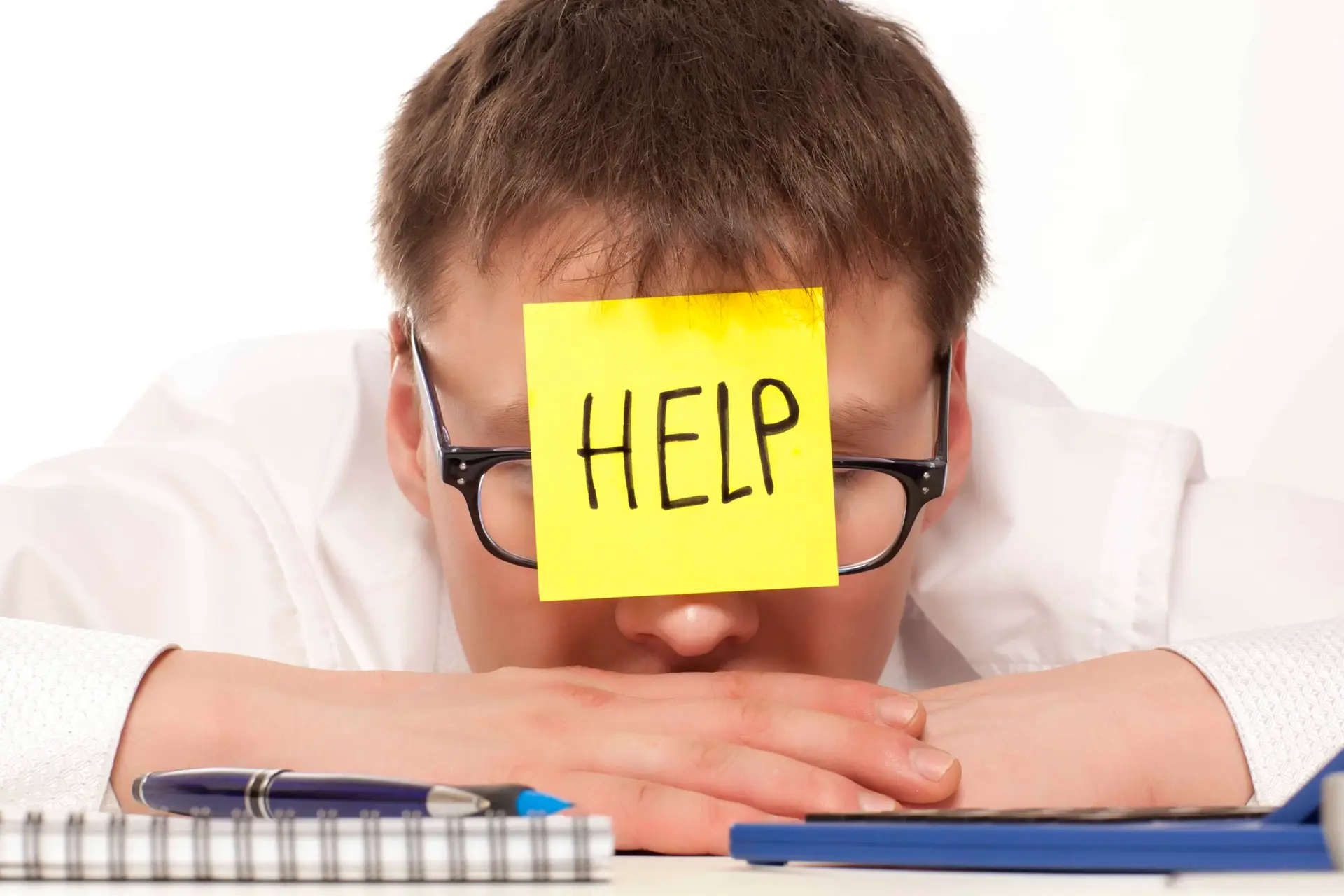How often do you ask for help? If you’re like me, you’re not very good at it. There’s the misperception that leaders are supposed to lead, not ask for help.
We often see needing help as a sign of weakness. But family systems theory doesn’t focus on independence. It’s all about inter-dependence. Sell-differentiation is knowing your own goals and values and being able to articulate them clearly, and non-anxiously, even when there is surrounding togetherness pressure. This is different than self-reliance.
I listened to a recent HBR Ideacast, The Art of Asking for (and Getting Help), with University of Michigan Professor, Wayne Baker, who studies how to ask for help. He is the author of the book, All You Have to Do Is Ask: How to Master the Most Important Skill for Success.
Baker makes a few points in the podcast interview that I believe are helpful, from a family systems perspective. Here they are.
There is a difference between autonomous and dependent help-seeking.
The former comes from the desire to learn so you can do it yourself in the future. The latter means you’ll have to come back for help the next time. This is the essence of the old adage, if you give a person a fish, she’ll eat for a day. If you teach her to fish, she’ll eat for a lifetime.
When you ask for help, note the difference between autonomous and dependent help-seeking. Which are you doing? How can you ask for help in a way that enables you to do it yourself in the future?
People will think you are more competent, not less, when you ask for help.
This is counterintuitive. We would think that help-seeking means people think we can’t do it ourselves. But Baker notes that research from both Wharton and Harvard support the idea that asking for help bolsters others’ opinion of us.
A characteristic of self-differentiated people is they tend not to be influenced by what others think of them. They are guided by an internal compass that is based on their values. When we know these things, we can be more honest with ourselves that we can’t do it alone. This makes it more likely that we’ll be willing to ask for help when we need it. As Baker notes, “…as long as you make a thoughtful, intelligent request, people will think you are more competent, not less.”
People respect and admire a self-differentiated person because she is willing to be honest and authentic, regardless of what others think, even when it means asking for help.
Be a generous giver (not a selfish taker), but don’t keep track.
If you’re a selfish taker, people will eventually stop helping you. Enough said.
I would guess that more of us are generous givers. We like to help others more than we like to ask for help. But it’s not transactional.
If we keep track of who owes us a favor, we’re giving help for the wrong reasons. Similarly, if we resent someone else because we helped them when we were busy, then that’s on us. Taking responsibility for self means that when we help someone, we do it because we freely choose to do it.
This also means that sometimes we have to say no. That’s OK, too. As long as we don’t view helping others as transactional, we can do the best we can. This also makes it easier to ask when we need help. Either the other can do it or not. Either way is OK.
Which leads to the last point.
Practice asking for help.
Baker, and others, created the “reciprocity ring” 20 years ago. It’s a process where people in the business world practice helping one another. The “ring” has been used by some 150,000 people in 20 different countries.
When it was created, they thought that people would be reluctant to help others. The problem they found was the opposite. People were reluctant to ask. Since everybody in the group had to ask for help, that normalized the behavior of asking.
Baker offers two fill in the blank questions to practice on your own. They will not only help you get over the resistance to ask for help, they will help you better understand what you need.
The first: “I’m currently working on ______, and I could use your help to ______.
The second: “One of the biggest challenges in my life is to ______, and I need advice on ______.
Perhaps just thinking about these questions makes you anxious. But learning to deal with the anxiety in a healthy way will increase your chances of asking for help in an appropriate way.
Growing as a non-anxious leader means that you know you can’t do it alone. Getting better at asking for help will help you to model it for others. That’s good for everybody.


